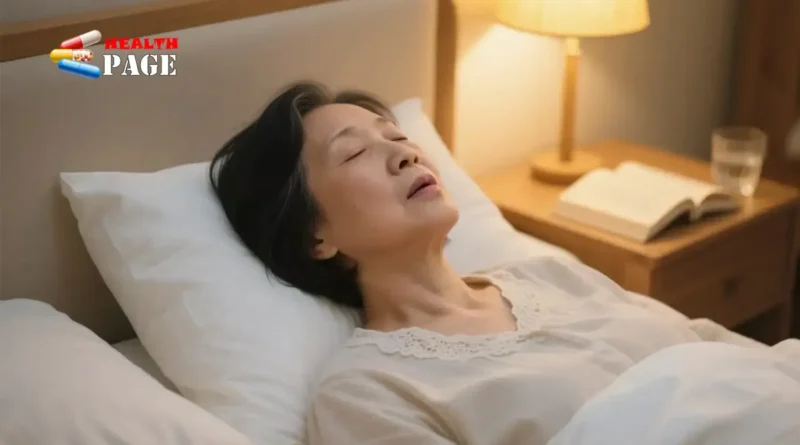Why do women snore more as they age?
This is the confusion faced by many middle-aged women. What is even more unacceptable to them is that they always complained about their husbands’ snoring, but they did not expect that many years later, history’s boomerang would hit them right in the heart, because their snoring frequency and volume exceeded his. In this article we are going to discuss Why do women snore more.
♀️Is there really a gender preference for snoring?
Are women really more likely to snore as they age?
When talking about snoring, we must mention obstructive sleep apnea ( OSA ) , because snoring is one of its typical symptoms.
There are no significant gender differences in the prevalence and severity of OSA in children and adolescents .
After puberty, the proportion of female OSA patients decreases significantly , and the ratio of male to female OSA patients is 3:1-10:1.
With age, especially after women enter menopause, this gender difference will gradually narrow .[1] Literature shows that the prevalence of OSA in perimenopausal and postmenopausal women increases significantly. The prevalence in postmenopausal women is 2.6 times (AHI ≥ 5 times/h) and 3.5 times (AHI ≥ 15 times/h) that in premenopausal women, and the gender difference is no longer significant.
Why do women snore more as they age?
In fact, women’s upper airway anatomy differs from men’s. It’s narrower and shorter, and their upper airway muscles are weaker than men’s, especially the genioglossus muscle, which is significantly weaker than men’s. This should make women more susceptible to upper airway collapse during sleep, leading to snoring. However, this is not the case.
The reasons may come from two aspects Why do women snore more:
1️⃣ Although the oropharyngeal junction and pharyngeal area are smaller than those of men, women generally have less fat around the upper airway and neck when they are young, so the resistance will be lower than that of men.
2️⃣Estrogen and progesterone can regulate the opening of the upper airway, maintain the stability of respiratory drive, and the upper airway resistance of women does not increase with the depth of sleep.
But both of these advantages will change as you age, especially when you enter menopause!
Literature shows:
1. Postmenopausal sex hormone levels decline, depriving the upper airway of the protective effects of estrogen and progesterone on upper airway patency and ventilatory drive. 2. Sex hormones may play a role in lipid metabolism, energy expenditure, and fat synthesis. Compared to premenopausal women, postmenopausal women have higher body fat content and are more likely to gain weight. Furthermore, postmenopausal women have more fat distributed in the upper body and trunk. Weight gain and changes in body fat distribution increase the risk of OSA.
2️⃣The activity of the genioglossus muscle in postmenopausal women tends to decrease, which increases the collapsibility of the upper airway.
Therefore, women are indeed more likely to snore as they age.
Why is OSA more likely to be missed or misdiagnosed in women?
Data shows that approximately 90% of female OSA patients are undiagnosed . This is because the symptoms of OSA in women are atypical . In China, female OSA patients are more likely to experience insomnia, poor sleep quality, low sleep efficiency, and morning headaches, rather than typical nighttime snoring, observed apnea, and daytime sleepiness. Furthermore, women are less sensitive to sleepiness, making it difficult to detect the condition early if they seek medical attention alone.

What are the differences for female OSA patients using home ventilators?
First, noninvasive positive pressure ventilation is the preferred treatment for moderate to severe OSA for both men and women. It relieves upper airway obstruction, improves hypoxia during sleep, corrects sleep structure disturbances, and improves sleep quality. However, women’s airways are generally more sensitive than men’s, leading to the development of automated titration algorithms specifically designed for female patients. BMC Remate also offers the E5 series ventilator, which features three levels of pressure adjustment. The first level offers a gentler pressure increase and decrease, making it suitable for women and those with sensitive airways.
In summary, women do become more likely to snore as they age, but because the symptoms of female patients are typical, it is easy to miss or misdiagnose . Therefore, women with sleep-related problems, especially menopausal women, must pay attention to their sleep problems and seek medical attention in time if they feel uncomfortable!


